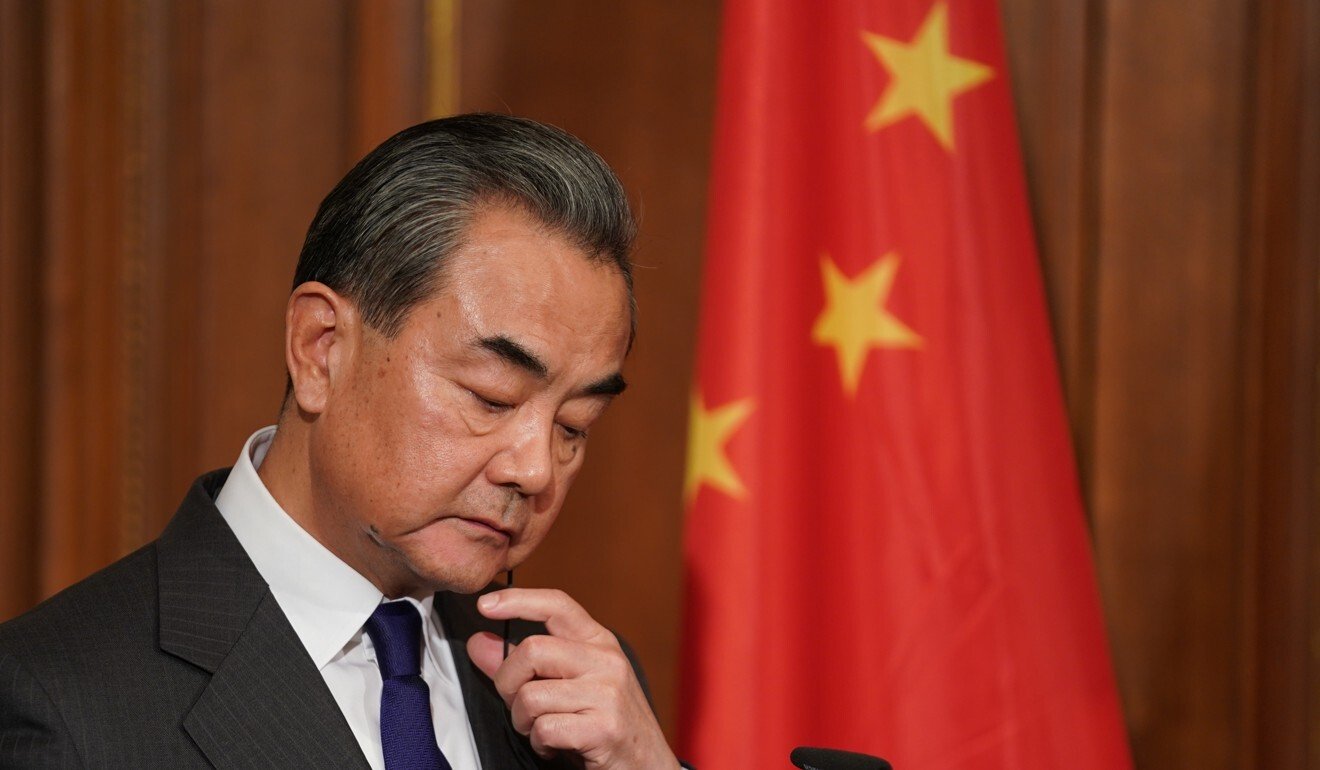
SOURCE: SCMP
China’s Foreign Minister Wang Yi made a rare visit to Tibet on Friday, including a trip to the disputed border with India, as the three-month military stand-off between the two countries continued to drag on with little sign of resolution.
Although a terse statement issued by the foreign ministry on Saturday did not mention India, Wang’s border trip was described by Chinese observers as an unusual and symbolic gesture.
Diplomatic negotiations and five rounds of military talks have failed to break the impasse over their long-running border dispute, which has developed into a broad and increasingly bitter dispute over trade, technology, investment and geopolitics.
Wang, who is China’s special representative in border talks with India, said the security and stability of Tibet is of pivotal importance to China’s overall development, according to the foreign ministry’s statement, and urged diplomats to work with local officials to protect national security in the face of unprecedented challenges in the post-coronavirus world.
His trip came a day before Indian Prime Minister Narendra Modi promised to build a 1.4-million-strong military to defend the country’s sovereignty in a speech at an independence day ceremony.
China has a long, unmarked border with India, which mostly lies in Tibet.
Wang became the first senior central government official to visit the frontier area since the deadliest clash in over 50 years occurred on June 15 in the disputed Galwan Valley.
Twenty Indian soldiers were killed in the clash, while Beijing has declined to reveal the number of its casualties.
Brushing aside international concerns about human rights abuses and Beijing’s treatment of the Tibetans, Wang praised Tibet’s achievements under President Xi Jinping, especially in securing the border with India.
Wang also highlighted border infrastructure and poverty reduction initiatives in the region and said Tibet had played a major role in developing economic and trade relations with neighbouring countries, citing in particular the Belt and Road Initiative, Xi’s flagship foreign policy and infrastructure project.
Gu Su, a political scientist at Nanjing University, said it was rare for a Chinese foreign minister to visit Tibet, and these visits usually happened when the region had gained national or international prominence.
Wang last visited the region five years ago soon, after Xi chaired a meeting on Tibet in Beijing.
“By paying a visit to the frontier region, Wang’s trip sent out an important message to audiences both at home and abroad that Beijing wants to reiterate its sovereignty over the disputed border areas,” he said.
Both Gu and Wang Dehua, an India specialist at the Shanghai Municipal Centre for International Studies, said the move showed China did not want to appear weak in the face of what it regards as India’s hawkish stance.
After the Galwan clash, Modi’s nationalist government has introduced economic sanctions targeting Chinese firms and investments and banned at least 59 Chinese apps, including the popular video-sharing platform TikTok, citing national security concerns.
It also moved to accelerate its military build-up and weapons purchases while embracing US President Donald Trump’s Indo-Pacific strategy, which was specifically designed to counter China.
“Wang’s trip was clearly aimed at rallying support and crafting policies on how to effectively deal with India, especially when New Delhi is still wavering between China and the US,” Wang said.
“While China clearly does not want to go to war with India, we nonetheless have to be fully prepared for all sorts of scenarios and that’s what Wang probably has done in Tibet.”
Sun Shihai, another Indian affairs specialist at Sichuan University, said the border tensions and Wang’s trip underlined the importance of Tibet in China’s foreign policy.
“Tibet has long been a very sensitive issue for Beijing and we must be very cautious over the use of the Tibet card by India and other foreign governments,” he said.
In May, Qi Yu, the foreign ministry’s Communist Party secretary, used a trip to Tibet to issue a thinly veiled jab at the US after Congress passed a bill threatening to impose sanctions on Chinese officials if they tried to interfere with the Dalai Lama’s succession.
However, Sun said it was not in China’s interest to seek confrontation with India and Beijing was unlikely to change its existing policy.






